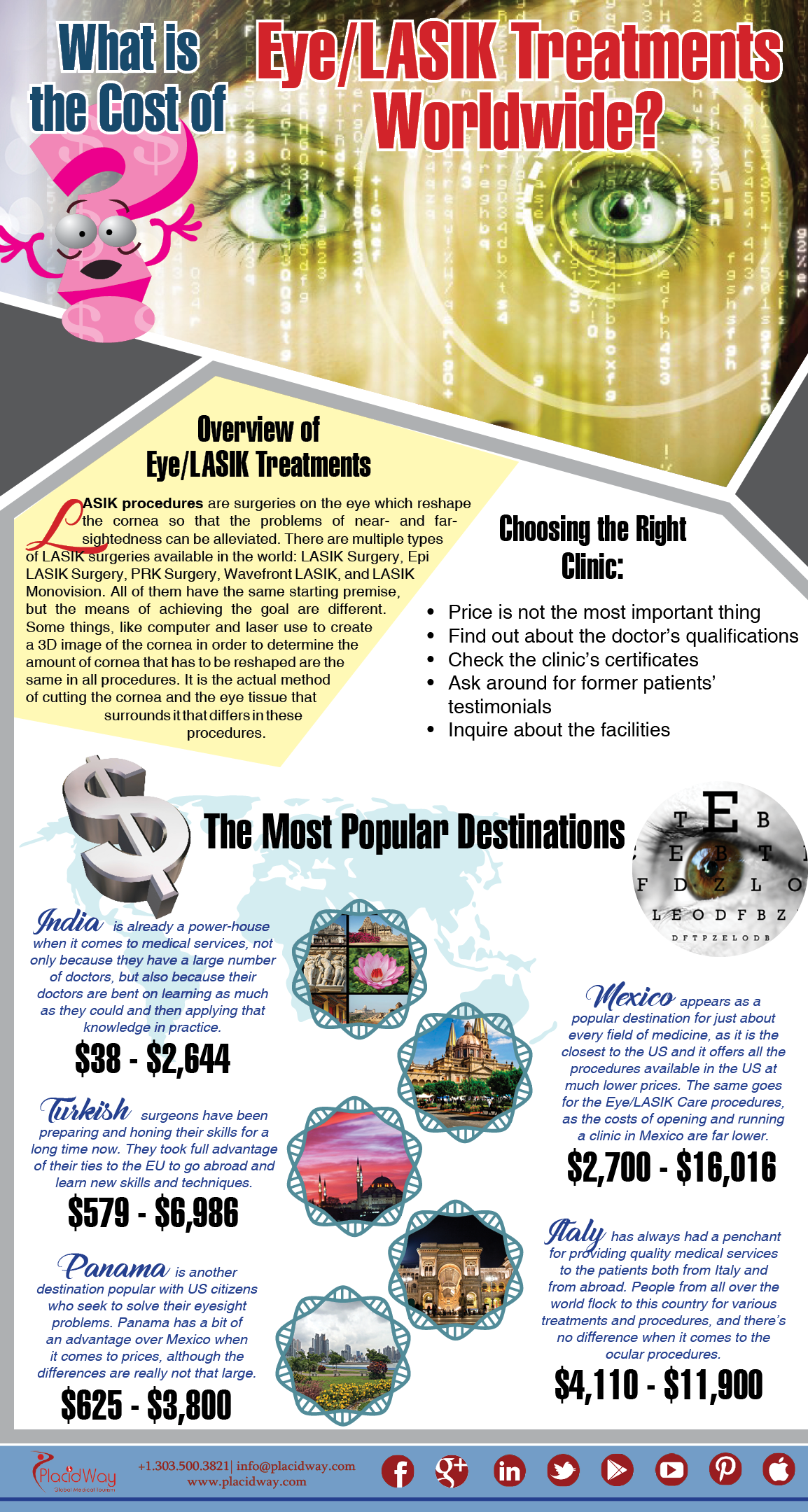Eager To Understand Refractive Lens Exchange? Explore Crucial Insights And Options That Could Dramatically Impact Your Vision Experience
Eager To Understand Refractive Lens Exchange? Explore Crucial Insights And Options That Could Dramatically Impact Your Vision Experience
Blog Article
Web Content Writer-Kincaid Lorentzen
If you're taking into consideration refractive lens exchange, you possibly have a lot of questions. This procedure might alter exactly how you see the world, providing advantages like minimized reliance on glasses. However, it's important to recognize the process, risks, and who certifies as an excellent prospect. Allow's explore these essential elements so you can make an enlightened decision regarding whether RLE is right for you.
What Is Refractive Lens Exchange and Just How Does It Function?
Refractive lens exchange (RLE) is a procedure created to replace your eye's all-natural lens with a man-made one, dealing with vision problems like nearsightedness, farsightedness, or presbyopia.
Throughout the treatment, your cosmetic surgeon makes a little cut in the eye, removes your natural lens, and inserts an intraocular lens (IOL) customized to your vision needs. This outpatient surgical treatment generally takes around 15 to half an hour per eye and is executed under local anesthetic.
You'll likely notice improvements in your vision practically right away, though total recovery may take a couple of weeks. RLE is especially beneficial for those over 40 or with high prescriptions, using a lasting solution compared to glasses or contact lenses.
Your eye treatment specialist can assist establish if RLE is right for you.
What Are the Perks and Risks of Refractive Lens Exchange?
Choosing refractive lens exchange can lead to substantial enhancements in your vision, yet it is essential to evaluate both the advantages and dangers before choosing.
On the bonus side, this procedure can boost your eyesight by correcting concerns like presbyopia, nearsightedness, and hyperopia. Many patients enjoy decreased dependence on glasses or get in touch with lenses, which can substantially boost their lifestyle.
Nevertheless, https://juan-yoko.federatedjournals.com/refractive-lens-exchange-a-comprehensive-guide-to-better-vision-1743623190 to take into consideration possible risks. Issues can include infection, glare, or halos around lights.
There's also a possibility of overcorrection or undercorrection, which might need additional treatments.
Who Is a Perfect Prospect for Refractive Lens Exchange?
If you're taking into consideration refractive lens exchange, it is necessary to recognize whether you fit the account of an optimal prospect. Typically, https://click4r.com/posts/g/20372576/the-influence-of-lasik-surgeons-transformative-stories-from-sufferers might be an excellent prospect if you're over 40, experience presbyopia, or have high levels of nearsightedness or farsightedness.
https://www.medicalnewstoday.com/articles/does-medicare-cover-lasik-surgery 's also important that your vision is steady, indicating your prescription hasn't changed significantly in the past year. If you have cataracts or various other eye conditions, you may take advantage of this treatment as well.
Nonetheless, certain elements, like uncontrolled diabetes mellitus or autoimmune illness, could disqualify you. To determine your candidateship, seek advice from an eye care professional who can review your certain situation and recommend the best strategy customized to your needs.
Verdict
To conclude, refractive lens exchange can be a transformative choice for improving your vision, specifically if you're over 40 or have a high prescription. While the benefits are considerable, it's important to consider the risks and speak with your eye treatment expert to figure out if you're a suitable candidate. With the best info and guidance, you can make an educated choice and perhaps enjoy a life with minimized reliance on glasses.
